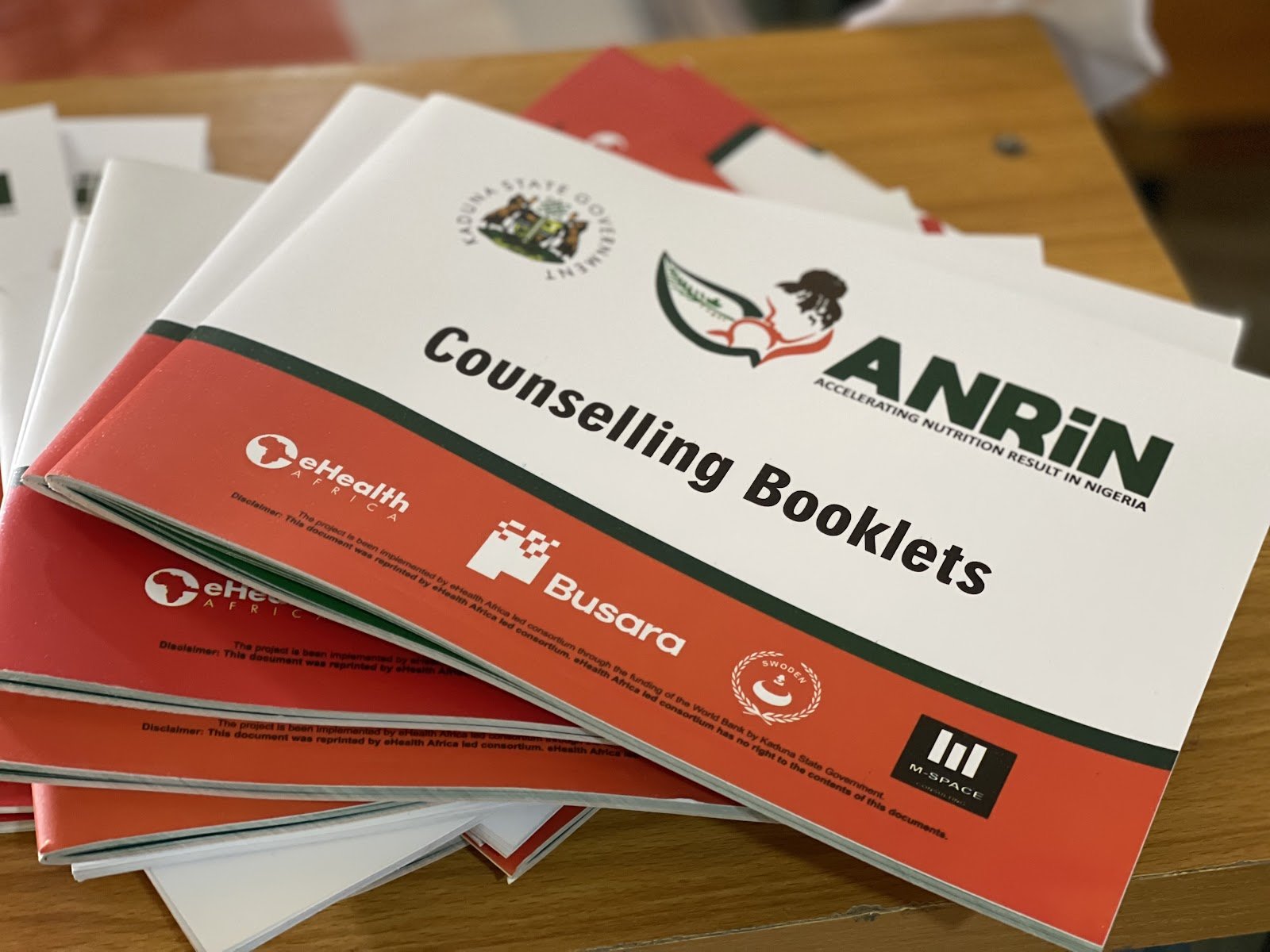In less than a decade, the number of acutely malnourished children receiving treatment globally has quintupled: increasing from just over one million in 2011 to over 14 million in 2020. Nigeria has the second-highest number of under-five child undernutrition in the world, with about 2 million children suffering from severe acute malnutrition. A major challenge directly impeding child nutrition is the reduced access and utilization of maternal and youth-friendly sexual and reproductive health services.
In 2016, the United Nations (UN) declared the Decade of Action on Nutrition and stakeholders have made more efforts to contribute to Nutrition improvement globally. The World Bank is taking a double-pronged approach to address malnutrition through the Accelerating Nutrition Results in Nigeria (ANRiN) project. ANRiN focuses on reaching pregnant women, adolescent girls, and children under the age of 5 years. The project aims to abate the surging rate of malnutrition through appropriate maternal care, counseling, infant and young child feeding, healthy sanitation behaviors, prevention and, when necessary, appropriate treatment of diarrhea, and ensuring adequate intake of essential vitamins and minerals through food fortification and supplementation.
eHealth Africa as a lead consortium member has begun the implementation of the ANRiN project in 12 LGAs of Kaduna State; Kaduna South, Chikun, Kajuru, Kagarko, Jaba, Zangon Kataf, Jema’a, Sanga, Kaduna North, and Ikara. The eHA- ANRiN team delivers the Basic Package of Nutrition Services (BPNS) and Adolescent Health Services (AHS) to beneficiaries of the project. This includes; behavior change communication to improve infant and young child feeding behaviors, namely early and exclusive breastfeeding (0-6 months) and appropriate complementary feeding (6-23 months); micronutrient powders to children 6-23 months to improve the quality of food provided for complementary feeding; iron/folic acid supplementation for pregnant women with counseling to improve compliance; intermittent preventive treatment for malaria to pregnant women; zinc and ORS for treatment of diarrhea in children 6-59 months; vitamin A supplementation twice a year for children 6-59 months; deworming twice a year for children 12-59 months; and counseling and provision of commodities to married adolescents in Kaduna for increasing birth spacing.

